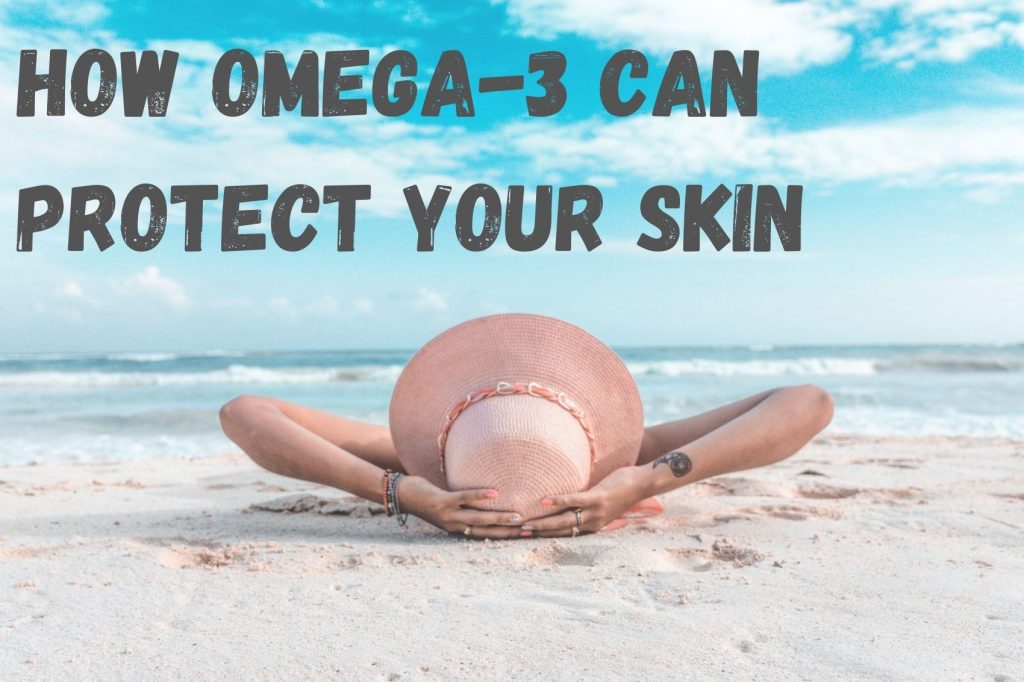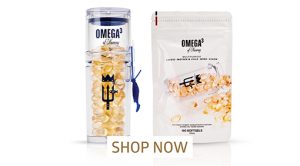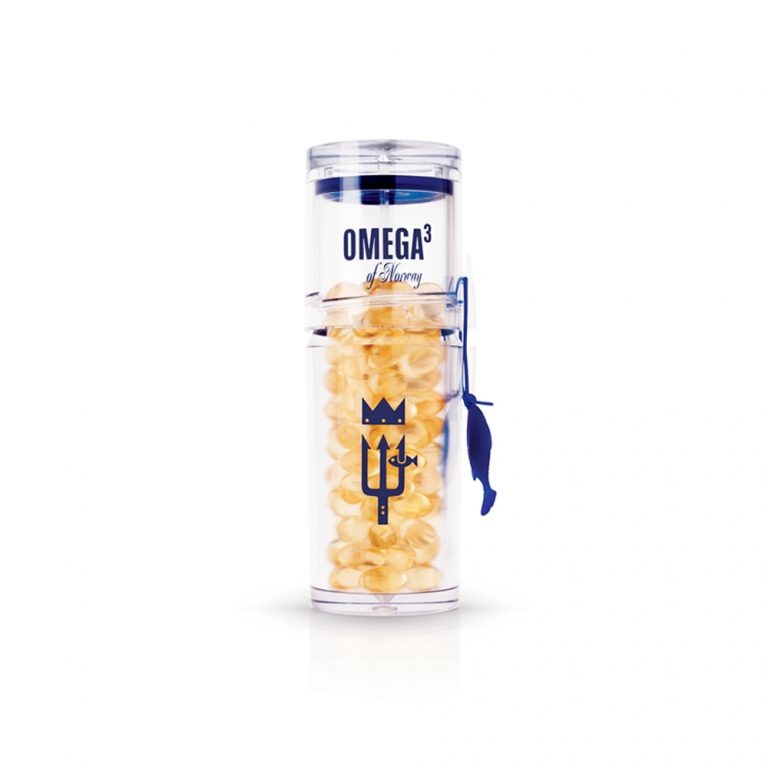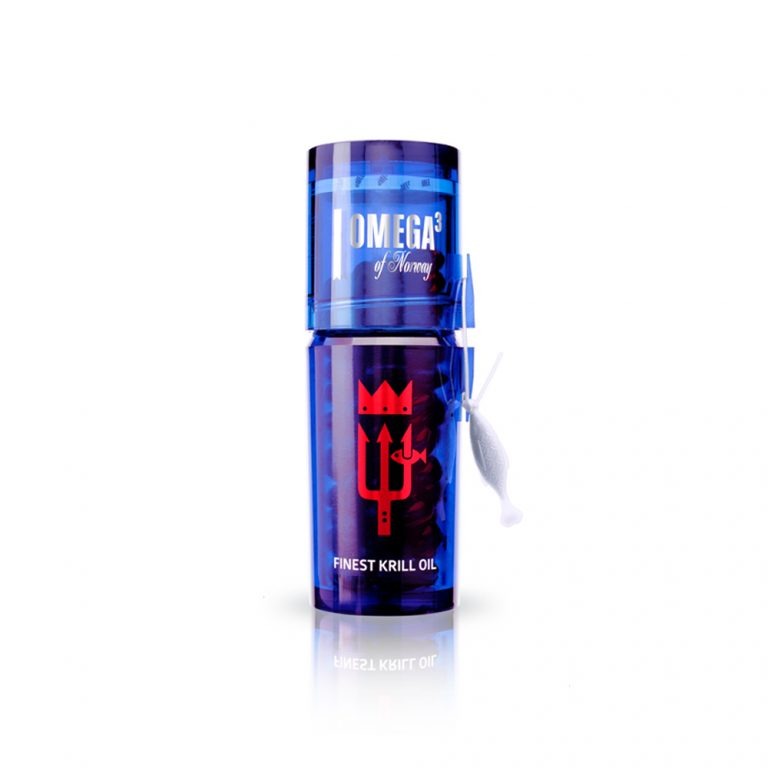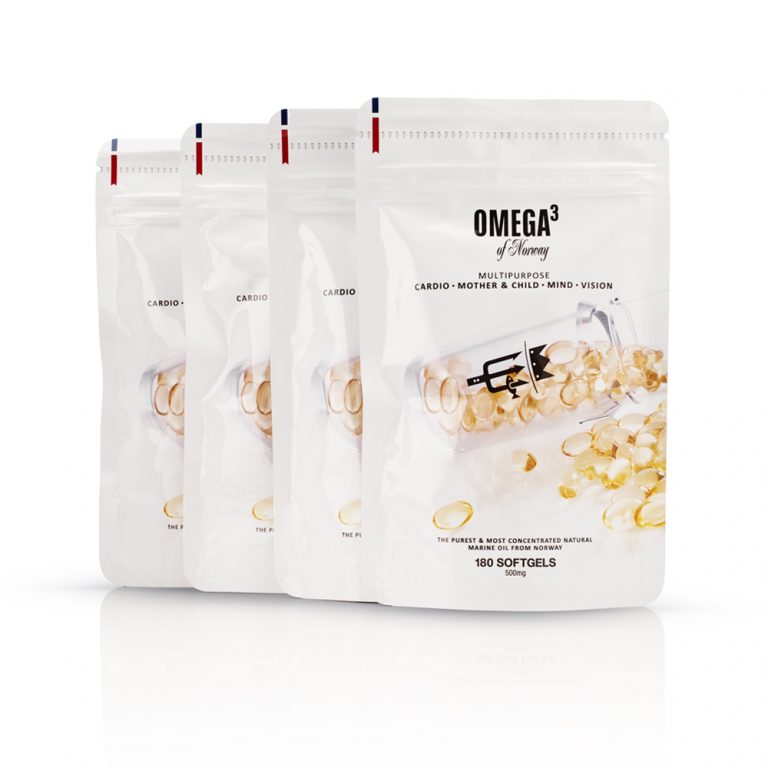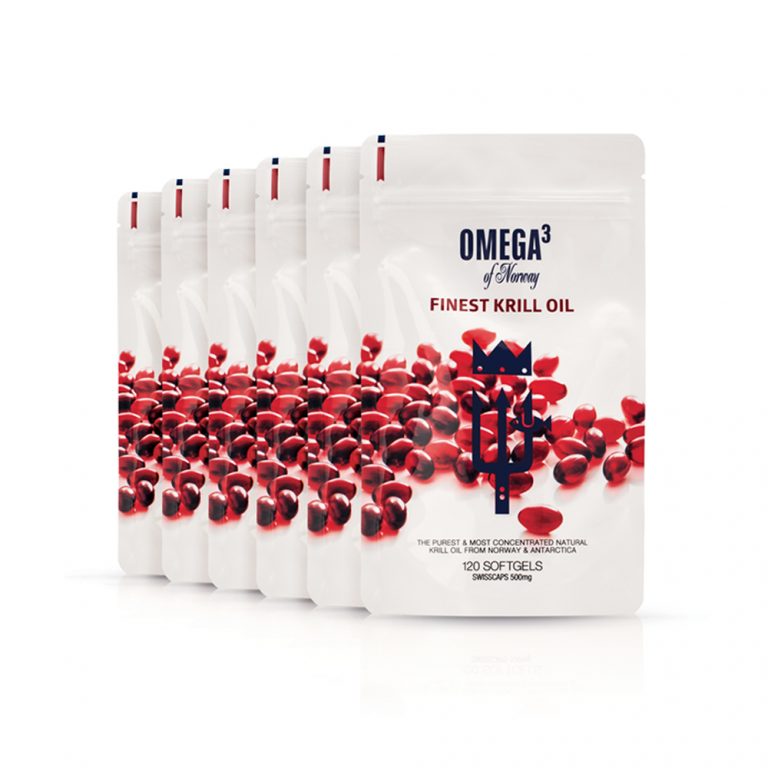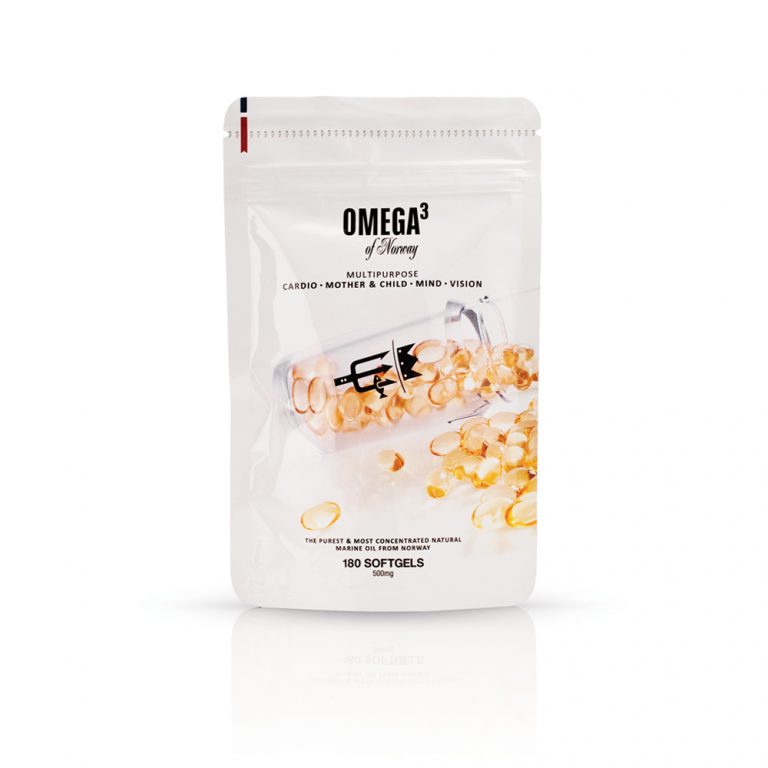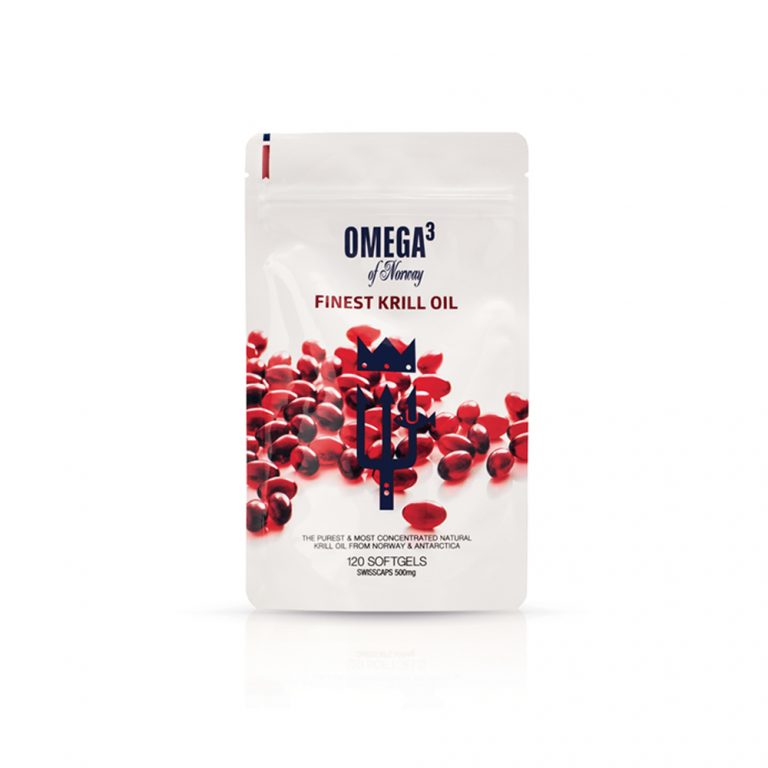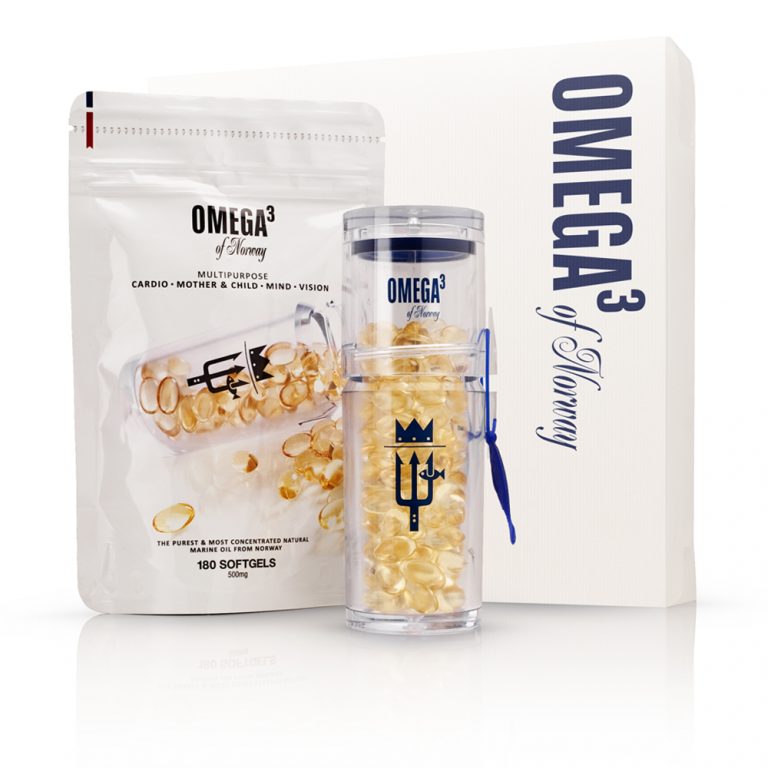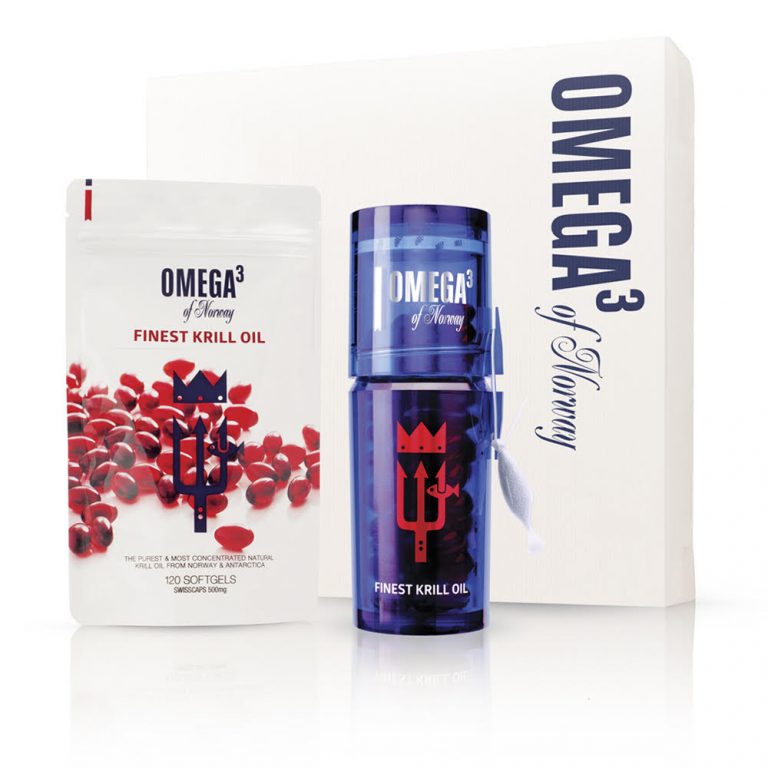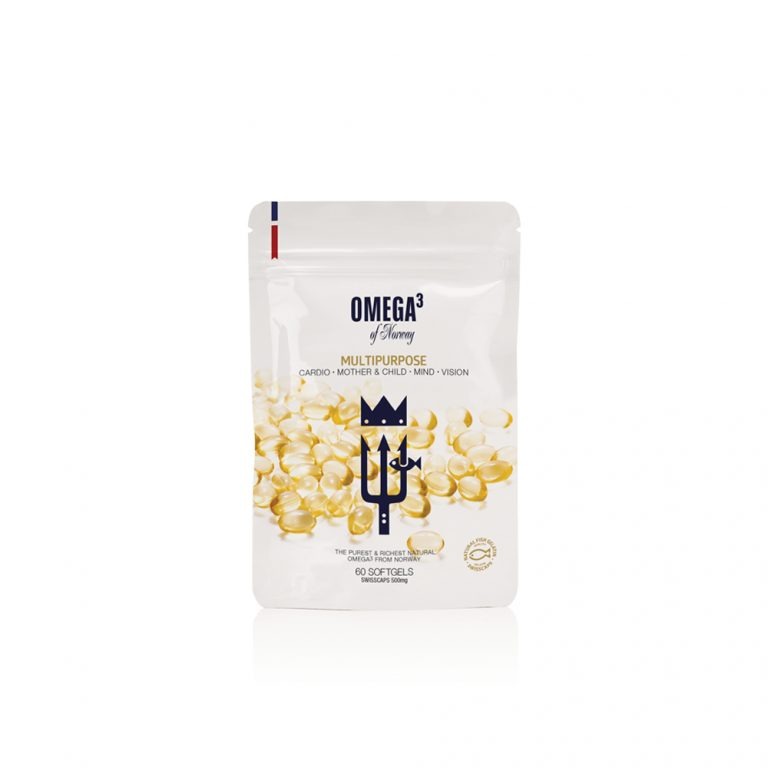Content
Summer is coming and so are long days at the park or even a holiday at the beach. And while it is lovely to lie in the sun and load up some Vitamin D and much needed warmth, the dangers of sunburns should not be forgotten about!
In this article we will talk about what a sunburn even is and how your diet could help you protect your skin from within.
What is sunburn?
You’ve been out in the sun for too long, your skin is red, itchy and sore. A classic sunburn! But what actually is a sunburn, how can we prevent it and what are its long-term consequences?
How bad can it be, it’s just a sunburn?
A sunburn is an inflammatory reaction to an overexposure to the sun and its UVA and UVB rays or UVR (ultraviolet radiation). It usually goes away after a few days and your skin can peel off by itself and you can easily treat it at home. But nevertheless, a sunburn causes damage to the outermost layer of your skin, which can lead to more permanent damage in the long run especially if you repeatedly get strong sunburns.
According to the Skin Cancer Foundation, prolonged unprotected exposure to the sun can cause permanent cellular damage that can potentially lead to cancer. Even one blistering sunburn in your childhood and youth can already permanently increase your risk of developing melanomas, which are a form of skin cancer. Another, less fatal long-term consequences of repeated overexposure to the sun are accelerated skin ageing for example.

But what if I just get a tan?
Whether we get pink or tanned in the sun mainly depends on a substance called Melanin, which is a pigment that gives our skin its color and acts as a natural protection against the sun by darkening our unprotected sun-exposed skin for example. People with less melanin are more prone to burn and the sun exposure can cause the skin cells to become red, painful and swollen: a sunburn!
The amount of melanin we produce is predetermined by our genetics but it is very important to know that anyone, no matter the colour of their skin, can get a sunburn!
But either way, long exposure to the sun can lead to cellular damage in your skin, no matter if you tan or burn! This cellular damage could then potentially evolve into skin cancer later in life, so sun-protection is paramount for anyone who is spending time outside. (And remember, that even on an overcast day, 80 % of UV rays still pass through the clouds!)
So now that we know why it is so important to avoid a sunburn, what can we do to protect our skin against it?
How Omega – 3 fatty acids may help increase sunburn protection
There are a lot of ways to protect your skin from the sun and some of the most important ones are
- Wear protective clothing
- Regularly apply sunscreen
- Avoid direct sun exposure during midday
But what about protecting our skin from within? Can what we eat help protect our skin for longer?
Topical protection vs internal protection from UV radiation
The most common way to protect your skin from UV radiation is applying sunscreen. These so-called topical sunscreens protect your skin by scattering, absorbing or reflecting the radiation from the sun. But because it is often not applied as generously or evenly as the manufacturers suggest, the predicted ”protection factor” is not achieved in reality. Additionally, most people get most of their exposure to the sun during their daily activities, and not on their one yearly holiday where they actually wear sunscreen!
How your diet can impact your skin’s resistance to sunburn
So is there a way to help our skin from within? There is more and more research saying that yes, our diet can influence our resistance to sunburn!
Certain nutrients may provide a lower level of protection than sunscreen, but it still adds up to our protection and it provides a constant protection, even if we forget to put on sunscreen for example.
According to research, omega-3 fatty acids are promising candidates for macronutrients that can improve the photoprotection of our skin through a range of mechanisms. This area of research that is looking into the use of bioactive nutrients to improve skin health is relatively new, but it has already identified omega-3 fatty acids such as EPA and DHA as potential agents for maintaining skin health and even treating certain disorders linked to sun exposure.

Omega-3 and sunburn
Omega-3 fatty acids, especially EPA, are reported to improve protection of the skin to acute inflammation caused by the exposure to sunlight (=sunburn). This might be because of the anti-inflammatory properties of EPA, but the exact mechanisms of this enhanced protection are still unknown. But studies have shown that supplementing with fish oil could potentially reduce the sensitivity of our skin to UV rays and that therefore, omega-3 fatty acids appear to have some photoprotective effects.
Other damages caused by UV radiation: photoageing and photosensitivity disorders and skin cancer
Other benefits of EPA reportedly are the reduction of UVR induced inflammation, which in turn can decrease
- the indicators of photoageing (deep wrinkles, reduced skin elasticity and uneven pigmentation)
- certain photosensitivity disorders (could increase the UVR threshold for provocation of photosensitivity disorders)
This may happen through a range of biological mechanisms such as the alteration of membrane fluidity in our skin cells, the modification of signaling molecules across our skin cells and even the modulation of oxidative stress caused by free radicals that are linked to the sun’s UV rays.
Because of this increased protection, research has even found that there might be a protection of dietary EPA against acute UVR-induced genotoxicity, which in layman’s terms means: that it might reduce the risk of skin cancer in humans.
Other benefits for your skin: acne and hydration
Because omega-3 fatty acids are important components of our skin membrane, they can also influence the appearance of our skin.
Moisturized from within
The fatty acids EPA and DHA help to retain water in the skin cells, which makes our skin look plump and well moisturized. This also leads to fewer wrinkles and a more even skin appearance.
Acne and other skin conditions
Many skin conditions like acne, are now believed to be closely related to inflammations, which is why omega-3 fatty acids might be able to play a positive role in the treatment of these conditions thanks to their strong anti-inflammatory properties.
Because EPA and DHA also appear to have an influence on the skin’s oil production, they might additionally be able to minimize breakouts and other skin impurities.
Conclusion
Now that we know why it is so important to avoid sunburns, let’s make sure to
- stay out of the midday sun
- always wear protective clothing
- apply sunscreen (even when you’re not on holidays!).
Additionally, there are some nutrients like omega-3 supplements that can potentially support your skin in its resistance to the sun’s UV radiation.
This means:
- Your skin may be less prone to photoageing
- It might delay the symptoms of photosensitivity disorders
- It may protect your from sunburns for longer in addition to your usual topical sunscreen and protection
Omega-3 fatty acids can be found in fish oil or krill oil supplements, which are some of the best researched food supplements on the market.
If you want to find out more about our products, check out our blog or browse our online store, where you can find anything from a one-off dose to a regular subscription of high-quality omega-3 fatty acid supplements.






